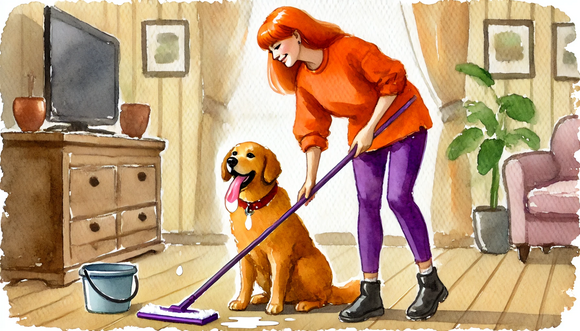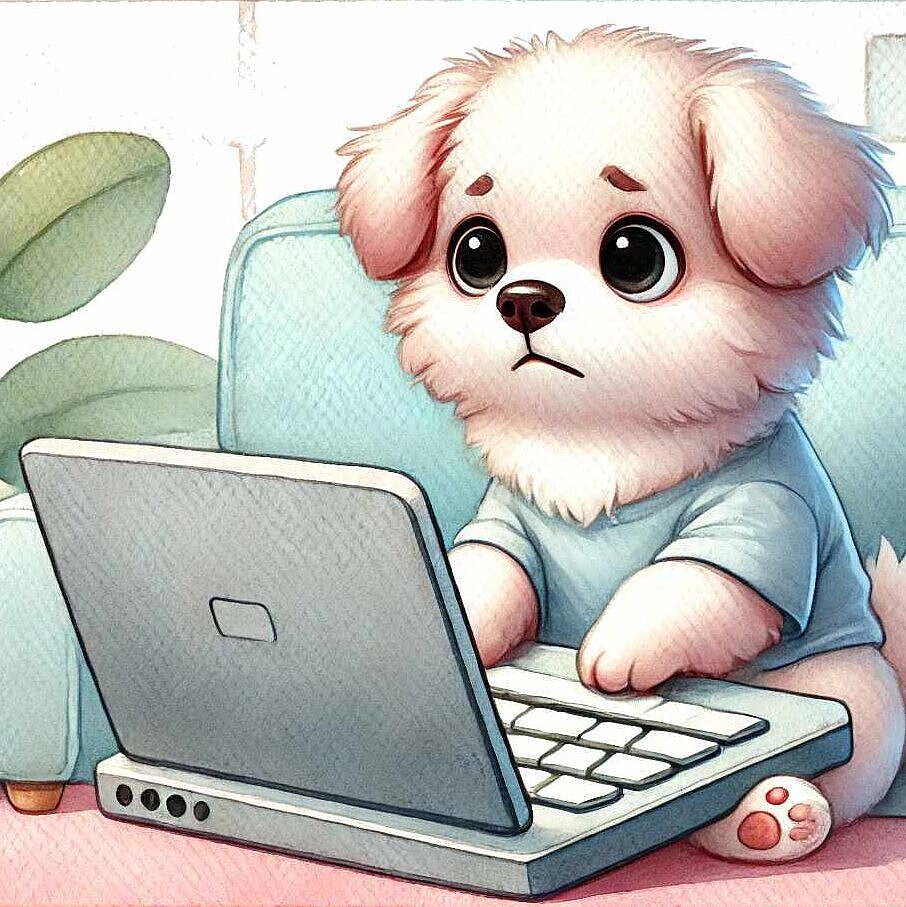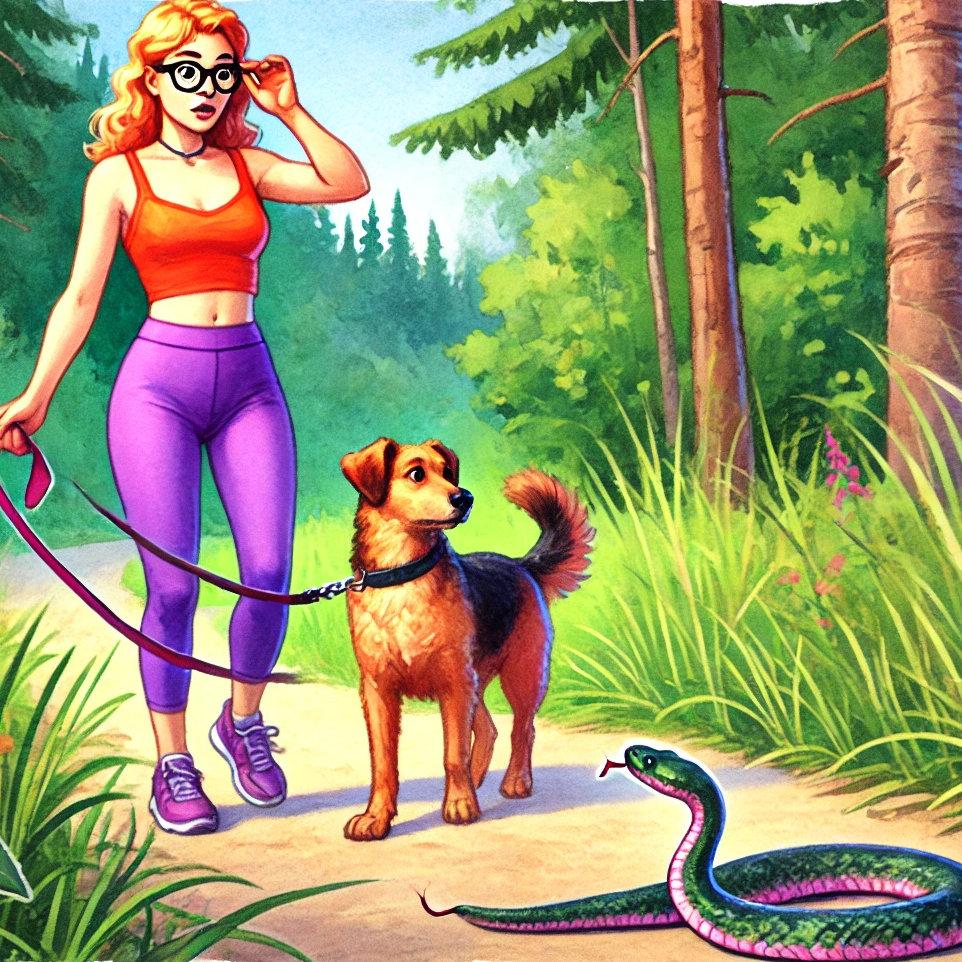Why do some dogs drool so much?

The most common causes of severe drooling
1. anatomical conditions
Some dog breeds are naturally more prone to drooling than others. This is often due to their anatomy. Dogs with shorter muzzles or loose lips, such as bulldogs, St. Bernards or Newfoundlands, often have problems holding back their saliva. Their overhanging lips and wrinkles encourage saliva to run down.
2 Emotions and excitement
Dogs are emotional creatures, and sometimes this shows in their drooling behavior. If your dog is excited, for example because there is food coming or you are about to go for a walk, this can lead to increased salivation. Stress or anxiety can also trigger a drooling reaction in some dogs.
3. health problems
Heavy drooling can also indicate health problems. Dental problems, gum disease or infections in the mouth can lead to increased salivation. Gastrointestinal problems or the presence of a foreign body in the mouth can also be possible causes. In such cases, it is important to consult a vet.
4. nausea and motion sickness
Just like us humans, dogs can sometimes get nauseous. If your dog is traveling or riding in the car and is drooling profusely, this could be a sign of motion sickness. Certain medications or the consumption of unfamiliar or spoiled food can also cause nausea and thus increased drooling.
Tips and tricks for dealing with heavy drooling
1. regular grooming and hygiene
Regular grooming and hygiene is particularly important for dogs that naturally drool a lot. Keep your dog's lips and folds clean and dry to avoid skin irritation and infection. A soft cloth or special dog wipes can be helpful here.
2. preventive health care
Make sure your dog visits the vet regularly. Dental check-ups and a general health check can help to identify and treat problems at an early stage. A balanced diet also contributes to overall health and can reduce excessive drooling.
3. training and activity
Sometimes it helps to distract and occupy the dog. Training sessions, games or walks can help to reduce the excitement or stress that often leads to increased drooling. A balanced dog is less prone to excessive drooling due to nervousness or boredom.
When should you see a vet?
While occasional drooling is often nothing to worry about, there are certain signs when you should see a vet. These include:
- Sudden or greatly increased drooling with no apparent cause
- Accompanying symptoms such as vomiting, diarrhea or loss of appetite
- Changes in your dog's behavior, such as restlessness or increased scratching of the mouth
- Visible changes in the mouth area, such as swelling, redness or a foul odor
Drooling is part of everyday life for many dog owners. While it is completely normal for some breeds and in certain situations, it can also indicate health problems. However, with the right care and hygiene measures, good health care and a little patience, you can deal with it well. And remember: every dog is unique and has its own little peculiarities - and that's what makes them so lovable!
More articles for you
Contact form problem fixed
Unfortunately, our contact form has not worked as desired in recent weeks. 😔 Due to an error in the spam detection, normal messages were also incorrectly filtered out.Read moreDangerous encounter: What you should do if your dog is bitten by a snake
It's every dog owner's nightmare: you're out in nature with your four-legged friend, he's sniffing the ground curiously, and suddenly you hear a hissing sound. Before you know it, your dog flinches and you recognize the signs of a snake bite. But don't panic! In this article, you will learn how to…Read moreWhat you should know about cherries for dogs
You may have heard that cherries are good for your health. They contain lots of vitamins, antioxidants and fiber, which can strengthen the immune system and aid digestion. But are cherries also suitable for dogs? And if so, how much and in what form should you offer them to your four-legged friend?…Read more


